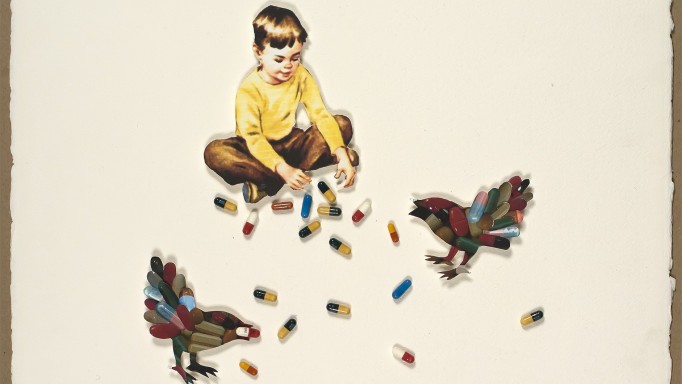The bacterial organisms, Salmonella, Campylobacter and Shigella are the three most common causes of diarrhea in people living with HIV. For people with HIV who have weakened immune systems, they can lead to severe diarrhea and spread from the intestines to the blood stream and into other body parts. This can cause a life-threatening infection and even death without treatement. Taking antiretroviral medication and maintaining a healthy immune system can help prevent these illnesses from occurring.
Salmonella can enter the body by eating or drinking contaminated food or water or by contact with infected people or animals. The most common sources include contaminated raw poultry, eggs and unpasteurized milk and cheese products. Other sources include contact with infected animals, especially turtles, iguanas, other reptiles, chickens, cattle and poultry.
Campylobacter bacteria is the leading cause of bacterial diarrhea in the U.S. The bacteria are found in cattle (beef), chickens, birds and flies. It is sometimes present in non-chlorinated water sources, such as streams and ponds. People living with HIV, particularly men who have sex with men, are more likely to be infected as oral-anal sex may be another route of transmission.
Two groups of the bacteria—groups B and D—account for nearly all shigellosis in the U.S. The bacteria is commonly spread from one person to another, through direct contact with feces. Shigella infection is more common among people living with HIV, and can lead to either mild or severe cases.
What are the symptoms and how is it diagnosed?
Symptoms can include severe diarrhea, bloody diarrhea, fever, chills, weight loss, abdominal pain and occasionally vomiting. Symptoms for Salmonellosis generally appear six hours to six days after exposure and last four to sevent days. Campylobacteriosis symptoms generally appear two days to five days after exposure and last about a week. Shigellosis symptoms generally appear one to two days after exposure and also last about a week.
Each of these is diagnosed through samples of stool or blood.
Diarrhea can also be caused by taking HIV meds or other types of drugs so it’s important to correctly diagnose the cause of any diarrhea to ensure that the proper treatment is used.
How is it treated?
People with healthy immune systems usually recover on their own without antibiotics. Drinking extra fluids is recommended to prevent dehydration as long as the diarrhea lasts. Antibotics are recommended for people with a weakened immune systems or with a severe illness and for people age 65 or older.
Can it be prevented?
Here are some tips that can help prevent being exposed to these bacteria in the first place:
- Wash your hands with soap and water before and after handling foods, after using the bathroom, changing a baby’s diaper, handling soil, and after contact with animals.
- Make sure children, particularly those who handle pets, wash their hands often and well.
- Purchase only inspected eggs, animal food products and pasteurized milk.
- Wrap meats in plastic bags to prevent blood from dripping onto other foods.
- Refrigerate foods promptly.
- Defrost meats in the refrigerator rather than at room temperature.
- Wash fruit, vegetables and meats well before preparation. Wash cutting boards and counters when preparing food.
- Avoid eating raw or undercooked meats and eggs, particularly when using a microwave oven.
- Never prepare food for other people if you have diarrhea.
- Do not swim in pools or lakes if you have diarrhea.
- Practicing safer oral-anal sex by using a dental dam (a piece of plastic or latex) can lower the risk for getting these bacteria from someone with these infections.
- People with HIV who travel to resource-poor countries should be careful with food, beverages and tap water. It is best to avoid raw fruits and vegetables, undercooked meat, unpasteurized dairy products, and foods and beverages from street vendors. Tap water and ice made with tap water may carry these bacteria.
- If you experience diarrhea, ensure you eat well to help correct your body’s loss of nutrients that often occurs with longer bouts of diarrhea.
Last Reviewed: February 2, 2022














